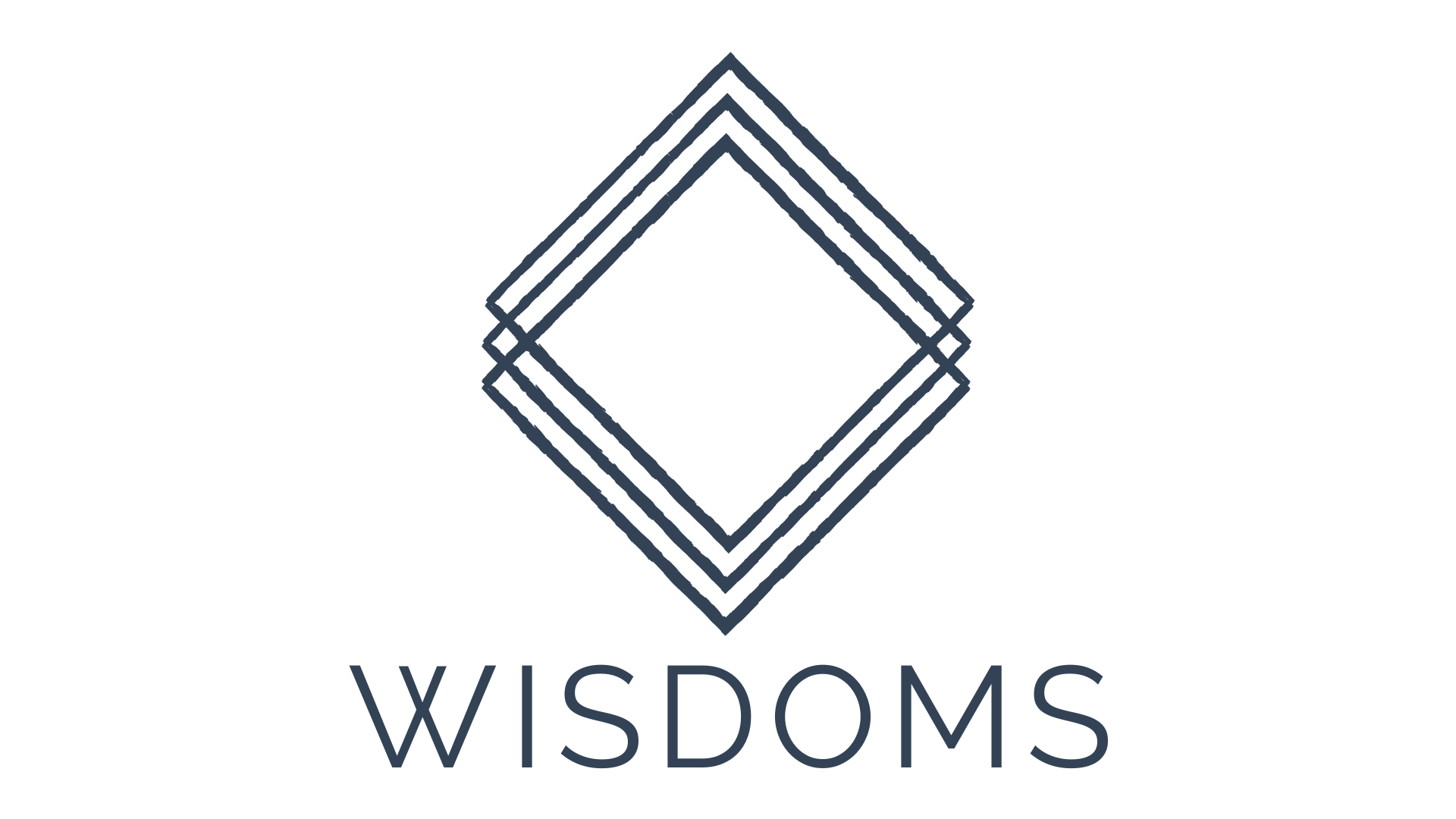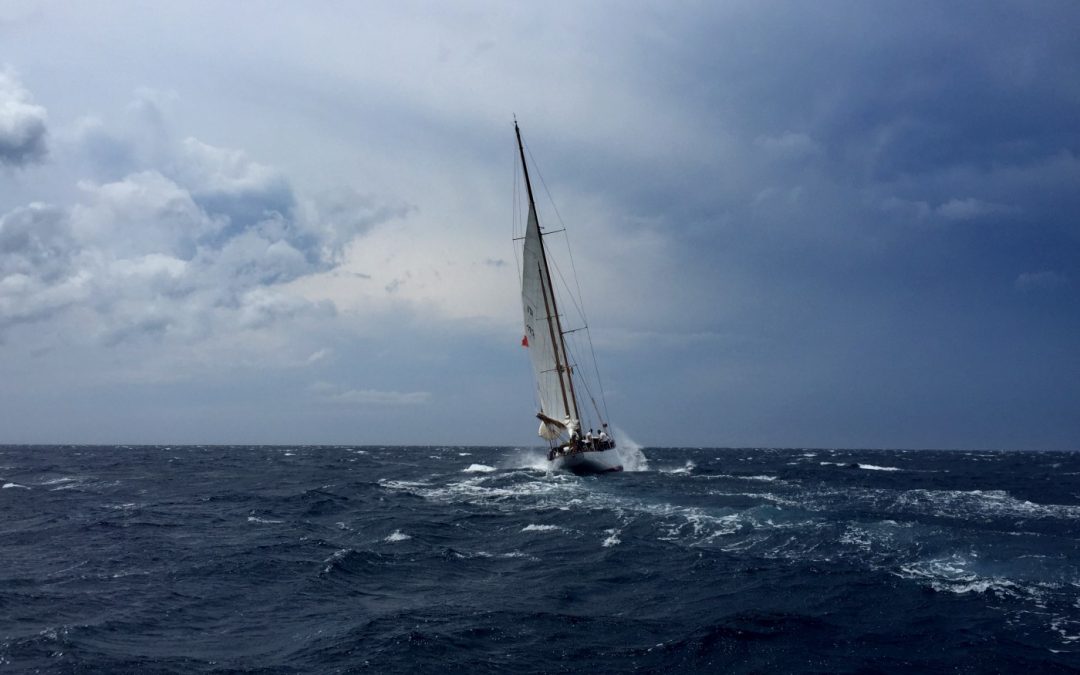A controversial political figure in the early part of the 21st Century, Elizabeth Edwards wrote a book called Resilience. Controversial because the image she portrayed in her books and in the public arena of a brave woman supporting her husband’s presidential campaigning in the US was vastly different to the description given of her by insiders who went as far as to say she was not only demeaning but abusive. Resilience because she was dogged by adversity.
Edwards son died in a freak car accident when he was 16 years old. Her husband had an affair of which he only admitted part, more specifically omitting how long the affair had gone on for and that he fathered a child from the relationship. Lastly, she suffered through breast cancer, went into remission, only for it to re-occur. Resilience was published in 2009. She died in December 2010 at the age of 61.
I tell this story because it is one of a flawed human being who took blow after blow and kept going in a spirit of strength and courage, whilst fully acknowledging the pain and struggle to do so. We may well feel we have no special abilities or resources to see us through life’s hardships. So we seek to learn and gain inspiration from those who have struggled and overcome in various ways.
Examples of Resilience
Edwards herself took strength from the example of her father. She tells the story at the beginning of her book of his stroke. Her Dad was a hearty, physically powerful, charming, and indomitable man who having had this stroke was proclaimed by the doctor to be brain dead. However, what Edwards saw when she looked into his eyes was a man saying, “I am here. I am not dead. I am here. I want to live.”
He went on to live another 18 years. In that time he learnt to drive again. He danced with his wife. He traveled to such far-flung places as Poland and Spain and went on cruises. He never fully recovered. His speech and his movement were restricted and became more so as the years progressed. He experienced frustration and pain but in Edwards words, “He kept narrowing his life and his expectations to what he had left, and in doing so-no matter how small his world-he always reflected the sheer majesty of living.”
My Dad is also my hero of resilience. He had major health challenges the last 10 years of his life. He would be close to death’s door but he would prise it open and slowly but steadily take one step after the next to being his usual naughty, hard-working, nature-loving, stubborn and eccentric self. In the end he succumbed to throat cancer with which he struggled for 18 months. During this time he lost much of his voice as well as his ability to eat and breathe which meant he needed a tracheotomy and a feeding tube. It was painful and debilitating and required that he be looked after — something his independent spirit hated.
But these are the memories I have of my Dad from that time: asking my Mom to marry him again so renewing their vows in our garden after 55 years of marriage; the week before he was completely bed-ridden he insisted I take him to the shops to buy seeds so that he could plant more vegetables; getting up every day no matter how badly he felt so that he could sit in the sun, feed the birds and watch his seedlings sprout; looking in my eyes with warmth and love and saying “Thank you” every time I did something for him; walking out of the doctor’s office after the doctor forbade him to eat anything orally and gleefully saying, “Let’s go for ice-cream.”
Lessons from Fathers
It is no secret that my Dad was a difficult man. He would make up his mind about something and nothing would budge it. He had no embarrassment asking others or telling others things that I found highly embarrassing! My Dad was no angel — just the like the rest of us. But for me he personifies resilience.
I learnt from him that no matter how hard life gets there is always something worth getting up for. I learnt that the simple things in life bring the most joy. His love for my Mom only deepened over the years and that he treasured and appreciated her more and more is quite beautiful. He taught me through his will to live, his fight and determination despite the odds that life is precious and marvelous. He demonstrated a life lived with gratitude and no regrets.
Edwards says this about her father, “Too many times I have had to use my father’s strength-or my mother’s grace as she stood beside him- as a touchstone. I suspect we each have someone like him, someone whose personal courage in the face of impossible odds inspires us to do something we thought we could not do, who reminds us that what seems like a mountain in front of us can in fact be climbed.”
In these strange and troubling times we need resilience in ways we could not have anticipated. Perhaps we can look to those who have gone before, who are among us, who have ridden tumultuous waves. They might not be punching the air with victory, but they found reserves of strength and dignity, joy and beauty in ways that made life meaningful and good.
The last words Edwards writes in her book Resilience are, “I do not know what the most important lesson is that I will teach my children. I do know that when they are older and telling their own children about their grandmother, they will be able to say that she stood in the storm, and when the wind did not blow her away-and it surely has not- she adjusted her sails.”

